As the nationwide protests quieten, the country continues to recount the losses in lives and property, with some elements threatening to do more if government does not do right in the long run. In terms of lives, anywhere from 20 to 40 human lives were said to have been lost according to reports from various sources.
There was a daily economic loss of 700 billion naira going by President Bola Tinubu’s own estimates. Historical evidence reveals that protests in Nigeria have often resulted in violence and loss of life. Unfortunately, protests often achieve little more than expression of anger and cries for better conditions of life. In many cases, the failure of protests lie in their attachment to ethnicity and religious inclinations.
Join our WhatsApp ChannelIn fact, the view of some analysts seemed to come true when they cautioned that Nigeria’s protests should not be likened to Kenya and Bangladesh because the dynamics are not the same. In essence, they theorized that if some forces around the world do not support Nigeria’s protests, then little would be achieved.
This is why it is germane to ask: Do you think Nigerians should abandon the protests?
Judging from what we know in 2024, should Nigerians have protested against Jonathan’s government in 2012, knowing that those who championed protests in the past are today’s embattled leaders? Was there anything we know now that we should have known then? Are there voices of reason that we should heed now? Where did the rain start beating us, and what should be the subject of any protest in Nigeria? Is it really bad governance?
Why are Nigerians Protesting?
This question may seem trite to many people, but it also shows how much most protesters understood about the real issues in question. The South-east region of Nigeria, much as the South-south region, showed cold feet in the just concluded protests. It was much the same in 2012 when the South-west and the three regions in the North championed protests against subsidy removal by the government of President Jonathan. In fact, the immediate past president, Muhammadu Buhari and the present President Bola Tinubu were the eggheads. In 2012, the South-south was sympathetic to President Goodluck Jonathan, being their son. The South-east shared this affinity.
READ ALSO: Protests: Tinubu’s Government Must Do The Ordinary Things
President Tinubu did the very same thing for which he led protests against a federal government, yet the South-east and the South-south did not protest as much as the North. The South-east reportedly feared police brutality due to allegations of constant targeting of Igbo people in Nigeria.
But there is a question on whether President Tinubu has been in office long enough to address Nigeria’s pressing issues, given the general belief in the country that the last regime of Buhari did serial damage to the country. The answer seemed to have been that since Tinubu, there has been very little indication of improvement, and instead, things have taken a terrible turn for the worse. But are these the issues?
Is Bad Governance Just the Problem?
To answer directly, the answer is yes. However, the root causes of bad governments does not seem to be incapacity on the part of government. It is that government does not seem to have the will to do the simple things. Some allege that over the years, the federal government has always danced to the tune of foreign powers. Unfortunately, the vast majority of Nigerians do not seem to understand this, and instead keep focusing on ethnicity, religion and how much of the national cake comes to their region and politicians.
While many in the South of Nigeria often say that the North is favoured by the British, which are also seen as the root causes of Nigeria’s backwardness. Yet, it was curious that protesters in Kano and Kaduna states displayed Russian flags. Interestingly, Kabir Adamu, the Founder and CEO of Beacon Security and Intelligence Limited, suggests that the display of Russian flags by protesters may stem from growing resentment towards Western influence in the region. Remember that President Jonathan had written about how then US President, Barack Obama, and British Prime Minister, David Cameron, had helped Buhari and Tinubu in their attempt to hound him (Jonathan) out of power in favour of the North. For whom are the foreign powers really working? Do they use different parts of the country at different times to continue to divide the country against itself?
Short-term measures Versus Serious Measures
Government has done well in its short term measures of sharing bags of rice, removing tariff from grains and increasing minimum wage against a weak currency. However, as a social commentator, Ahmed Buhari, recently noted: “good governance … is all that is needed.” What is this good governance?
Recently, there was a viral video in which popular journalist, David Hundeyin was said to be lambasting some powerful foreign oil powerhouses for asking him (being a strong voice) to write articles against Dangote Refinery. The currently raging war between the NNPC and the Dangote Refinery reflects a well-orchestrated attempt to give the refinery a bad name and hang it. For instance, the indiscriminate granting of import licenses by the Nigerian Midstream and Downstream Petroleum Regulatory Authority (NMDPRA) has hindered domestic refineries’ competitiveness.
Why has Nigeria refused to repair its four refineries in 20 years after spending over 11 trillion naira, yet trumpets the achievements of the military in shutting down thousands of so called illegal refineries? Their reason is that the “illegal” refineries pollute the atmosphere, yet since 1957, foreign oil companies in the Niger Delta have been implicated in worsening Nigeria’s carbon footprint through endless gas flaring.
READ ALSO: Just Before The Protests
It is a similar thing on insecurity. While one can commend the efforts of security agencies in arresting those who smuggle drugs and banned foods into Nigeria, this type of effort should go more towards halting the disturbing trend of arms proliferation, which is a prime cause of insecurity. It is not rocket science to secure the farms, repair the existing refineries and build new ones, harness the talents of illegal refiners and reform the police for better grassroots policing. These are things that appear in the media every day, but the presidency in the last nine years has found it a bit difficult to pay attention. This makes it important to observe how Hundeyin called out the foreign powers for being behind the political and economic quandary in West Africa and Nigeria particularly. Government must show a resolve to defend the sovereignty of Nigeria. It must show (not just say) that the citizens are its prime focus for better life.
READ ALSO: We’ve Arrested Tailors Who Made Russian Flags Used By Protesters In Kano – DSS
For instance, the best thing to do days after a nationwide protest against bad governance was not to announce presidential approval for a 300% raise in the salaries of judicial officers. What else? People will see it as political posturing ahead of 2027 in light of the dwindling political support from the North. A researcher, Nnamdi Nwagbo, recently re-echoed what has been a singsong around the world: That is, for African economies and currencies to stabilise, Nigeria must break free from Western economic control and develop its own policies. Bad governance is not the direct cause of Nigeria’s struggles. It is the direct control of the federal government by known forces always implementing their economic interest through government.
Dr Mbamalu is a Jefferson Fellow, member of the Nigerian Guild of Editors (NGE) and a renowned Publisher.
Dr. Marcel Mbamalu is a communication scholar, journalist and entrepreneur. He holds a Ph.D in Mass Communication from the University of Nigeria, Nsukka and is the Chief Executive Officer Newstide Publications, the publishers of Prime Business Africa.
A seasoned journalist, he horned his journalism skills at The Guardian Newspaper, rising to the position of News Editor at the flagship of the Nigerian press. He has garnered multidisciplinary experience in marketing communication, public relations and media research, helping clients to deliver bespoke campaigns within Nigeria and across Africa.
He has built an expansive network in the media and has served as a media trainer for World Health Organisation (WHO) at various times in Northeast Nigeria. He has attended numerous media trainings, including the Bloomberg Financial Journalism Training and Reuters/AfDB training on Effective Coverage of Infrastructural Development of Africa.
A versatile media expert, he won the Jefferson Fellowship in 2023 as the sole Africa representative on the program. Dr Mbamalu was part of a global media team that covered the 2020 United State’s Presidential election. As Africa's sole representative in the 2023 Jefferson Fellowships, Dr Mbamalu was selected to tour the United States and Asia (Japan and Hong Kong) as part of a 12-man global team of journalists on a travel grant to report on inclusion, income gaps and migration issues between the US and Asia.

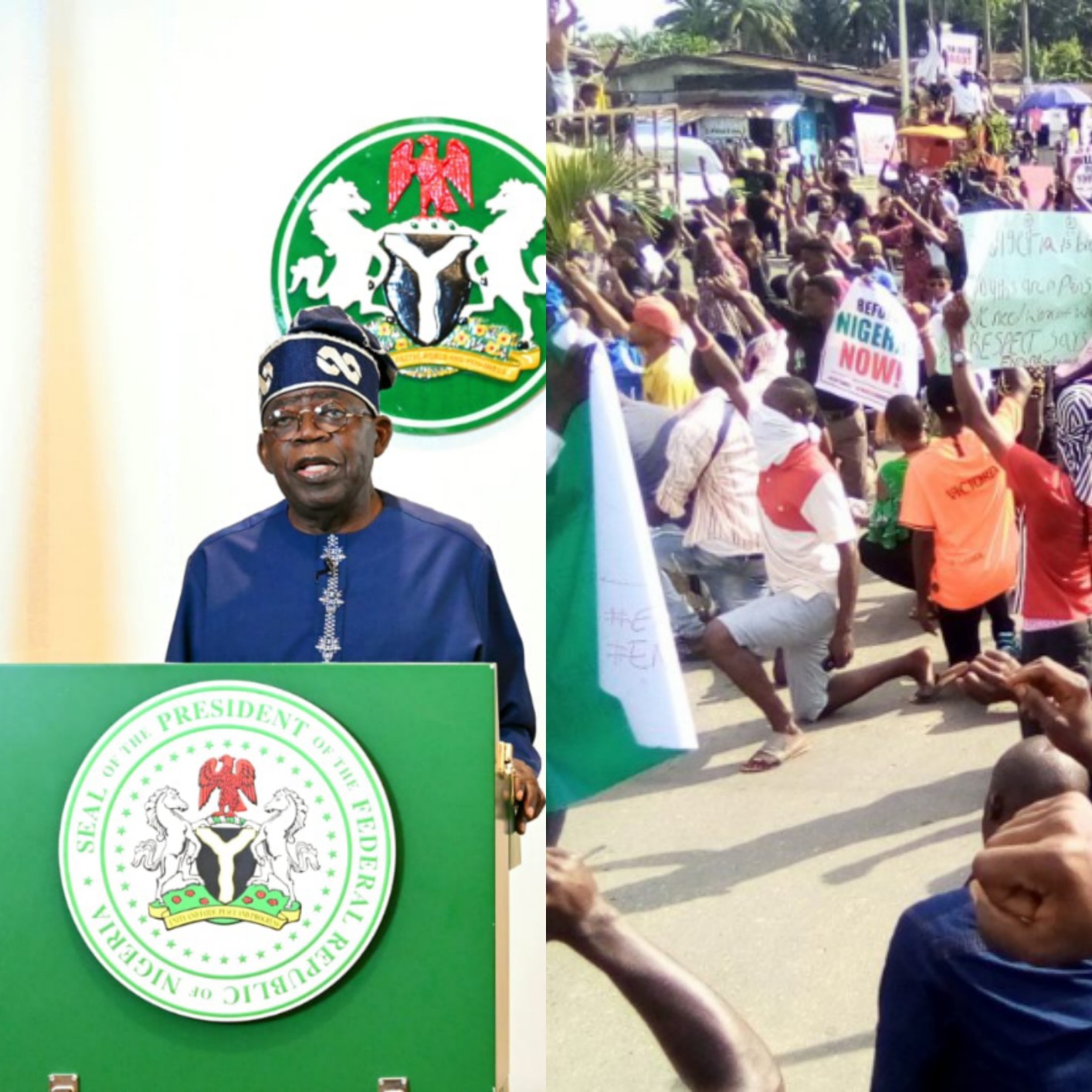

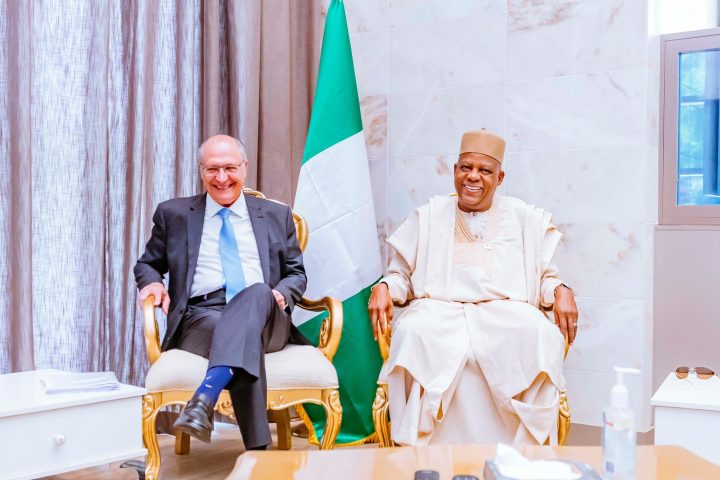
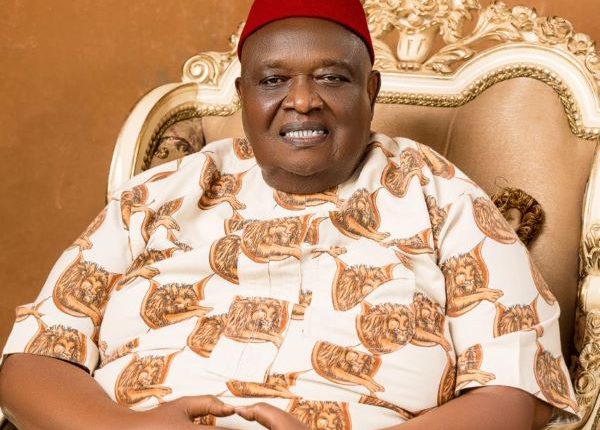
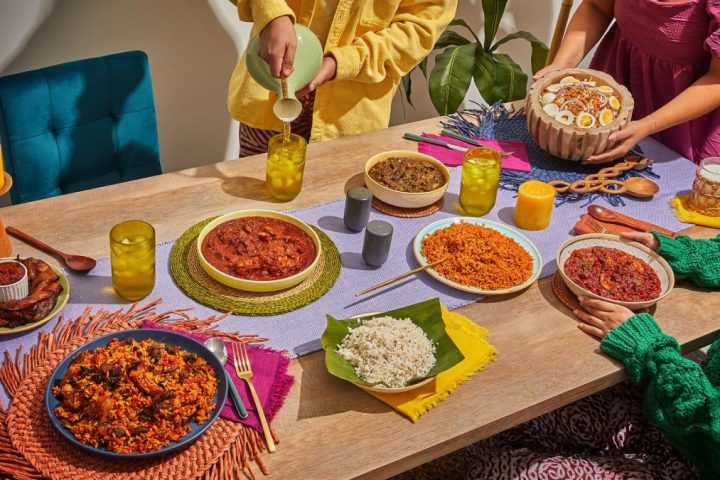



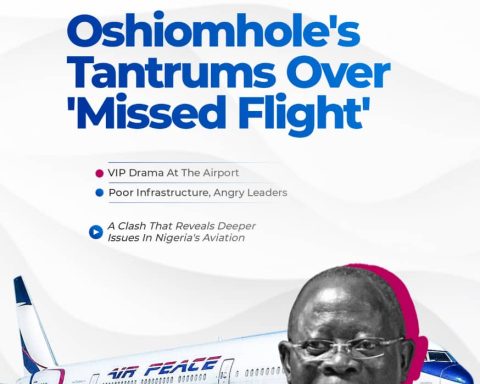


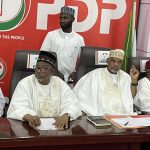
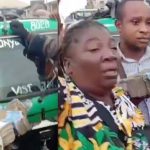

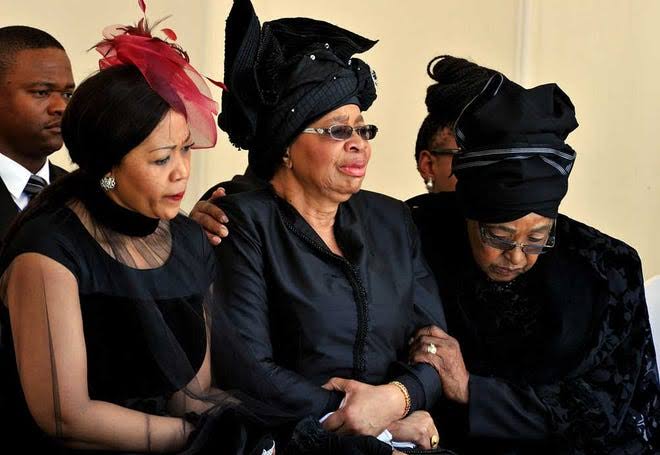
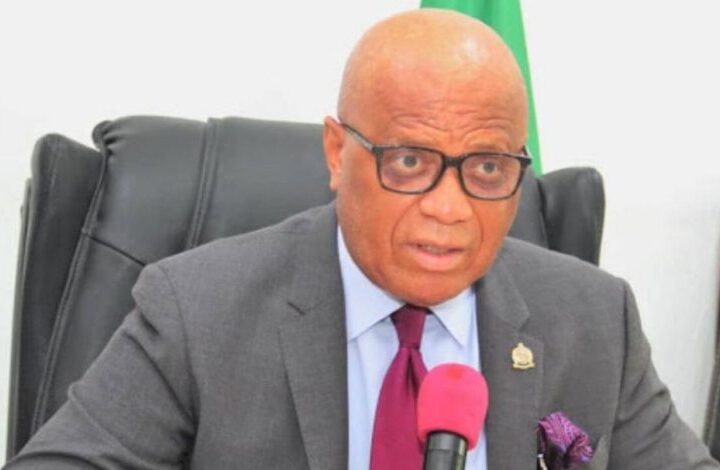
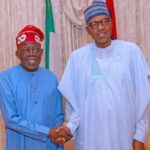
Follow Us